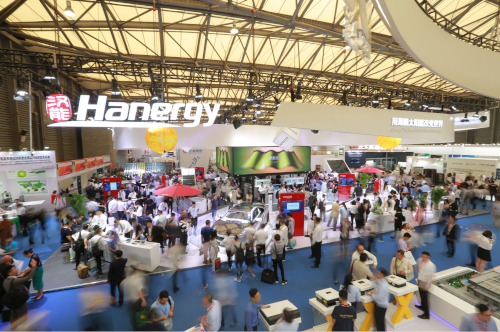
(NewsUSA) | October 1, 2018
| October 1, 2018
Ongoing concerns about reducing carbon emissions and identifying clean energy sources continue to drive demand for clean energy products and support the development of technology that produces them.
For instance, while solar panels have long been a way of minimizing one’s carbon footprint – be it a homeowner or a company – cost, construction, implementation, and a myriad of other reasons, have made it problematic to utilize these alternative energy sources.
Now however, the evolving technology allows for the use of solar energy on the interior or exterior of buildings and are, once again, gaining in popularity.
As an example, solar panels can be integrated into newly constructed commercial and residential buildings.
To this end, integration can maximize the technology of thin-film solar panels by curbing costs of heating and air conditioning. Solar power can be integrated into either flat or slanted rooftops, as well as interior walls and ceilings.
Similarly, older buildings can become greener with retrofitting and the use of thin-film solar panels. Factories, large residential buildings, and other structures can enjoy the financial and environmental benefits of solar energy while preserving the existing building structure.
Innovations in solar panel technology have resulted in panels that are thin yet durable, and can blend with existing tiles for a more subtle and attractive appearance that is equally functional in terms of energy.
The Hanergy Thin Film Power Group, a pioneering multinational clean energy company, is one example of a company on the cutting edge that has developed a new generation of solar cells for thin-film solar panels.
The new technology is environment-friendly, pollution-free, and cost-effective, averaging a high-power output and offering good performance even in low light.
Some recent innovations include copper indium gallium selenide, GaAs (single junction), GaAs (double junction) and efficient silicon heterostructure technology.
Hanergy has developed curved tiles that can be used for roofs of commercial buildings and residential houses that are unable to hold the weight of conventional solar panels. Hanergy’s flexible solar thin-film can also be used on light posts, boats, or other uneven surfaces where solar energy is desired.
Other products include building integrated photovoltaics (BIPV) or HanWall which could light up the buildings with its unique glass wall design and is availabile in different colors and various sizes allowing the building designers to utilize their creative ability to build new eco landmarks.
In addition, Hanergy has developed solar charging products to harness solar power for phones or other devices while outdoors, including a solar umbrella.
For more information, visit Hanergy.com and hanergyamerica.com.
